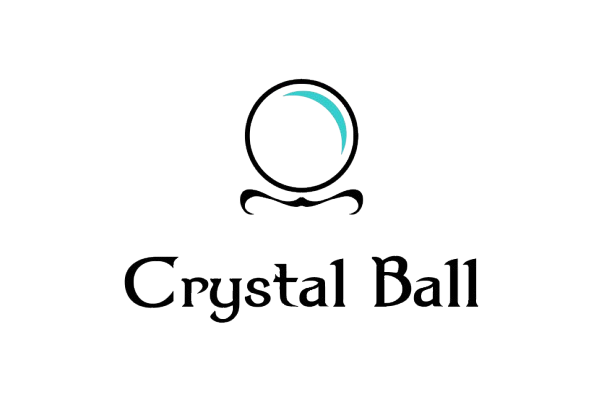Who Is Buying Real Estate in Your Market?

I don’t know who’s buying in your market, but I sure learned quickly who was buying in my market! I entered real estate in the history making buying frenzy in the Florida Panhandle in Panama City Beach, Fl. in 2021, getting a crash course into the psyche of five different buyer types. While hustling in the post Cat5 Hurricane Michael in 2018 into the “Covid doesn’t exist” mentality brought to you by Governor DeStanis in 2021, I identified five buyer types while selling over $70M in real estate over the next few years.
1.) The wholesale buyer – when you see the “we pay cash for your property” signs, you are typically dealing with someone who will pay the least for your property since they intend to make a profit on the sale through an “assignment of contract.” When these fantastic marketers tell you – “you don’t have to work with a realtor” they don’t often tell you the truth that they will usually make more than a realtor on the transaction because they are going to mark up whatever difference they can in what money you are leaving on the table. You don’t have the buyer pool of “investors” they supposedly have. So they could make $0.00 but they could also make hundreds of thousands depending on the value of the property and your level of competence in research.
I do not think wholesaling should be legal, and it isn’t in some states, but in Florida you can legally take a little old lady who has lived in a home 50+ years and “sell it for her” to a partner who “flips it” with a $300k profit and split that difference.
This service can help people yet more often it harms the consumer who just didn’t understand the value of their property, have the intellectual capacity to work in the modern digital age or have family support to know how to research properly to hire the right person to represent the sale of the home.
2.) Flipper – the flipper needs to make $$ on the property also because they will rehab to sell or hold for a couple years, but if you can find a flipper directly and cut out the middleman wholesaler, you will likely make more margin. How do you find a flipper? Call those “we pay cash for your house guys” and ask if they also flip properties and would like to buy direct, post on social sites or search for a local investor realtor who works with them. Post the property on Facebook marketplace, FSBO or pay to list in MLS with sites like flatfee.com.
3.) Primary Residential DIY’er- People looking for a home to live in for years or a lifetime can & will typically pay more since they are looking for specific locations waiting for appreciation and can spread any needed rehab or updates on the home over time. This buyer will typically pay more than a wholesaler or flipper because they will pay no capital gains on the property if they do a 2 year hold rehab and they have the experience and skills to do much of the work themselves.
4.) Primary Residential Retail buyer – these buyers have no intention of doing rehabs or updates so they want a turn-key or new construction property. It’s worth it to them to pay more for no hassle for years. No capital gains are paid on the sale of that property after two years which makes it more lucrative for many military members or savvy consumers to turn it into a rental after two years and go buy another one.
5.) The tax strategist buyer – depending on where you are in your tax liability standing, many investors simply buy properties for the tax write off in depreciation over time. They juggle appreciation and depreciation through multiple assets and spread into multiple markets for risk diversion. Now, so many companies have organized into buying groups that real estate is no longer truly housing, it’s traded like a stock.
The tax strategist buyer will typically look for STR properties if they qualify for cost seg analysis, REP status, or love to travel. It’s fun to invest in different markets to learn and vacation in multiple areas in a business that provides tax benefits while accumulating wealth if purchased, managed and structured for tax purposes correctly. Not nearly as many properties qualify to be used as short term rentals as other property types, yet this buyer can pay more for your property if seen as a business, especially with a past history of performance. So if you are planning to sell a home zoned as a short term rental, often the way to get the highest return is to put it into production as a business generating returns prior to the sale. You’ll need a niched agent who truly understands this business segment having owned or managed STR’s & preferably with 3+ years of experience. If your agent does not meet this criteria, PLEASE dig harder to find one who does. You’ll thank me later.
The tax strategist buyer will typically look for LTR properties if they have more demanding jobs and want less hassle day to day. They typically try to diversify a portfolio into different markets.
These same buyers often level up into multi family and more commercial style real estate quickly from primary residential long term assets.
It’s important to know who you are selling to and who your agent primarily markets to. Since real estate is now a stock, you need an agent with financial literacy at a high level. Unfortunately, the barrier into real estate is very low so the majority of agents are not qualified to help you make these decisions properly.
